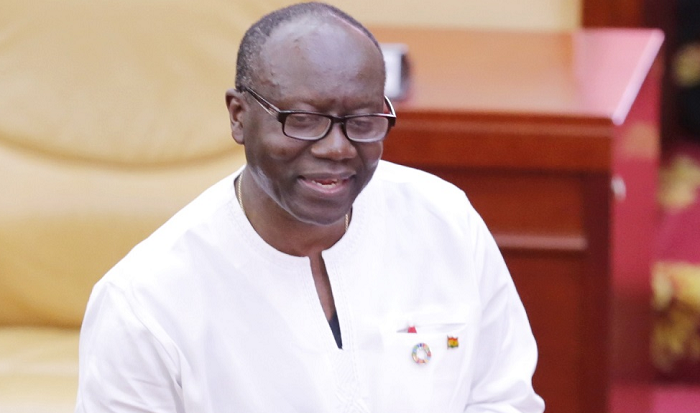
The government is aiming to grow the economy by 6.8 per cent of gross domestic product (GDP) by the end of next year.
The growth target is to be announced by the Minister of Finance, Mr Ken Ofori-Atta, on Wednesday when he appears before Parliament to present the government’s budget and economic policy statement for 2018.
Part of that amount will be used to enhance the competitiveness of the private sector through a stimulus package to distressed businesses.
Revenue shortfalls
The biggest headache, however, will be how to resolve the fiscal deficit in an economy in which revenues are lagging, while the International Monetary Fund (IMF) insists that the government reduce its fiscal deficit to 3.8 per cent of GDP.
This is a bitter pill to swallow because the government is likely to set the deficit at 4.5 per cent, which means that it must look for an extra GH¢1.7 billion to fill that financing gap in the 2018 budget to meet the IMF’s requirement.
The story was no different in this year’s budget — while the government hopes to end the year with a projected revenue of GH¢41.15 billion, its projected expenditure by the end of December will be GH¢56 billion.
Already, the government is complaining about the haste of the deficit adjustment requirement of the IMF’s extended credit facility, describing it as unsustainable and also inconsistent with its financing needs for agriculture, industrialisation and entrepreneurship to create jobs.
Officials close to the budget that the government will maintain the National Fiscal Stabilisation Levy, which imposed a five per cent pretax on the profits of selected businesses with the view to shoring up revenue.
The levy was first introduced in 2009 as a temporary measure to help mobilise revenue to stabilise the economy from the fiscal slippages it suffered at the time.
Two years later, it was scrapped, only to be reintroduced in 2013 to run for 18 months.
It, however, remains to be seen whether businesses could push for it to be scrapped. Although a sunset clause in the act allows for it to be removed in December this year, it appears that it will stay for a while.
Mobile money tax in offing?
The government may introduce a mobile money tax through the telecommunication companies. It aims at raising GH¢500 million to reduce the deficit.
Non-oil GDP
The government is hoping to achieve a non-oil GDP growth of 5.4 per cent, while the end period inflation rate is projected at 8.0 per cent.
The average inflation rate is likely to be projected at 9.8 per cent.
It is also targeting to build gross foreign assets, which is also known as foreign reserves, to cover at least 3.5 months of goods and services.




